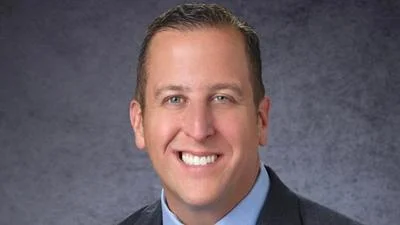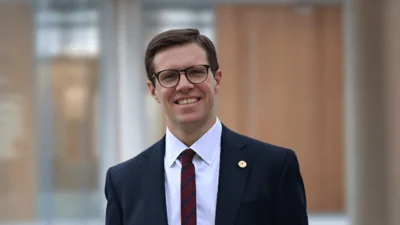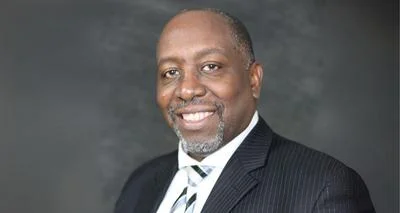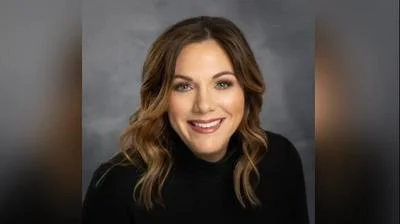“Our state is expected to get at least $17 billion for projects," Illinois state Sen. Sue Rezin (R-Morris) tweeted after attending the White House signing of a federal infrastructure package. | twitter.com/SenatorRezin
“Our state is expected to get at least $17 billion for projects," Illinois state Sen. Sue Rezin (R-Morris) tweeted after attending the White House signing of a federal infrastructure package. | twitter.com/SenatorRezin
Republican state Sen. Sue Rezin was among those in attendance at the White House on Nov. 15 when Pres. Joe Biden signed a $1 trillion bipartisan federal infrastructure deal.
“Had the opportunity to represent @NCSL.org for the official signing of the bill,” Rezin posted on Twitter. “Our state is expected to get at least $17 billion for projects.”
While at least $11 billion of that windfall is allocated for highway projects, bridge replacement and repairs, Illinois Department of Transportation director of planning Holly Bieneman told ABC7 that other projects will be selected and prioritized.
"We're definitely focused on fixing what we currently have and that has been our priority for many years," she added. "Over two thirds of the funding that comes to Illinois for transportation for roads and bridges goes towards fixing what we have and that will continue."
According to Bieneman, the Illinois Department of Transportation (IDOT) will prioritize "projects that add lanes, new interchanges, new roads," she said. "That is something that was legislated over the summer and was signed by Gov. Pritzker and put into law. So that is one way that we will be looking at prioritizing projects. Another is our existing transportation asset management, which uses the condition of pavement and bridges to prioritize projects."
While the infrastructure package that’s now law did have bipartisan support, U.S. Rep. Darin LaHood (R-Peoria) was among those who stood against it, according to Advantage News. He said there should be spending on infrastructure, but the government needs to live within its means. LaHood estimates that Build Back Better will add about $1.5 trillion to the deficit.
“It is not paid for,” LaHood told WMAY. “About half of it is paid for by leftover COVID money, but a quarter of it is going to be paid for by taxpayers going into debt over the next eight years and frankly that’s not what was promised when the bill was originally introduced.”
Gov. J.B. Pritzker also attended the signing ceremony but did not speak at the event.






 Alerts Sign-up
Alerts Sign-up